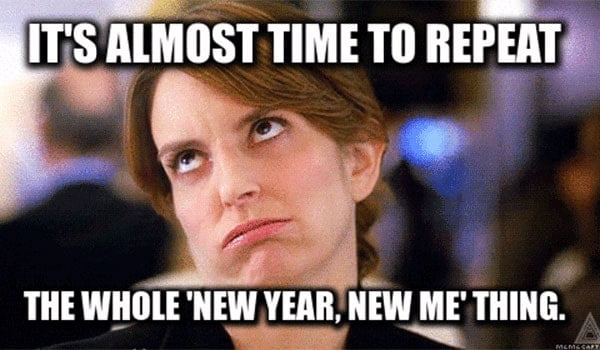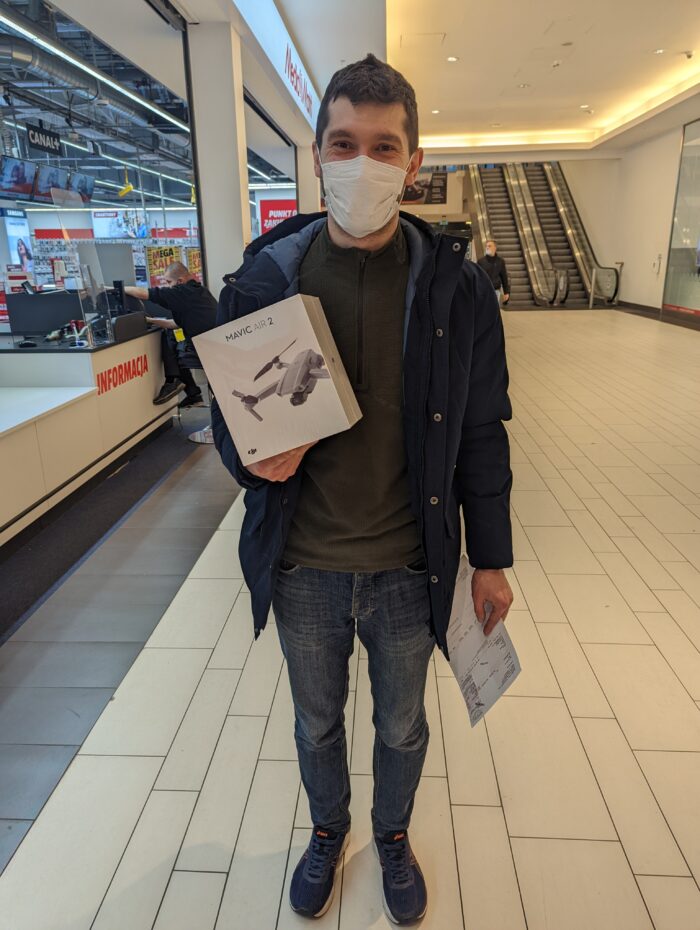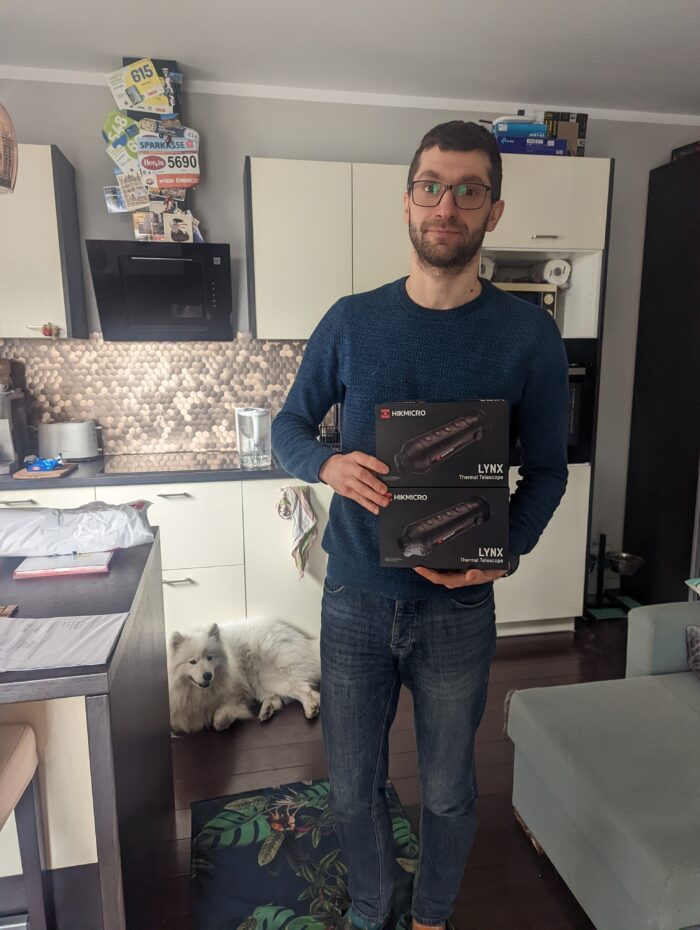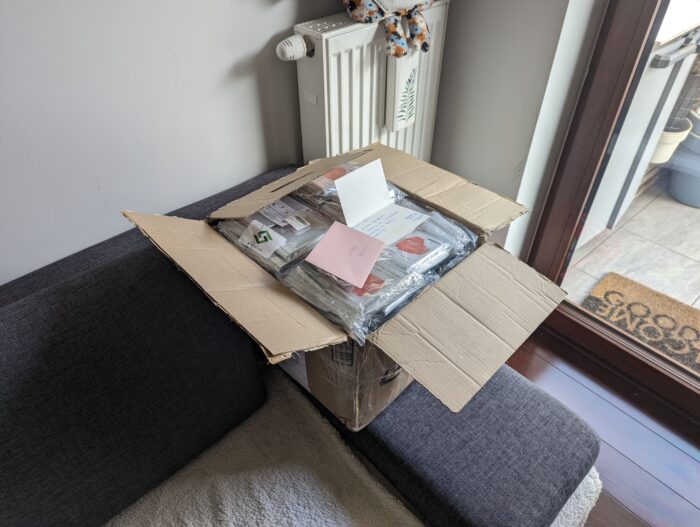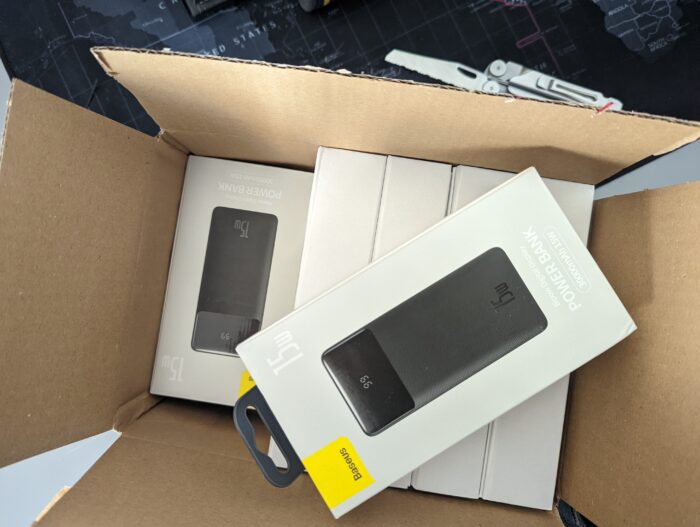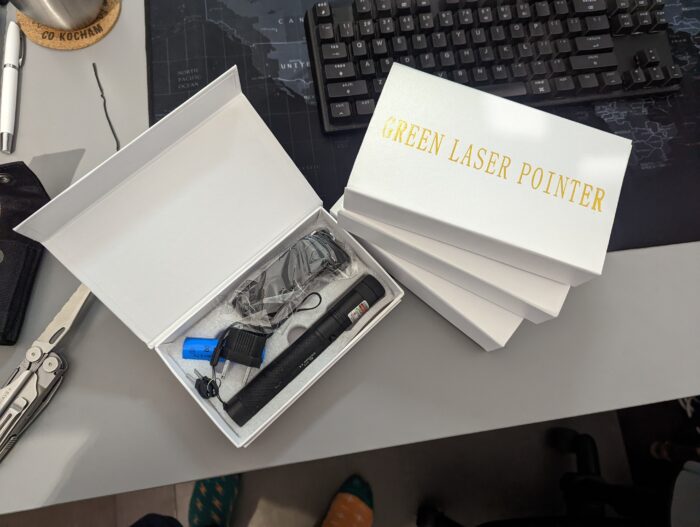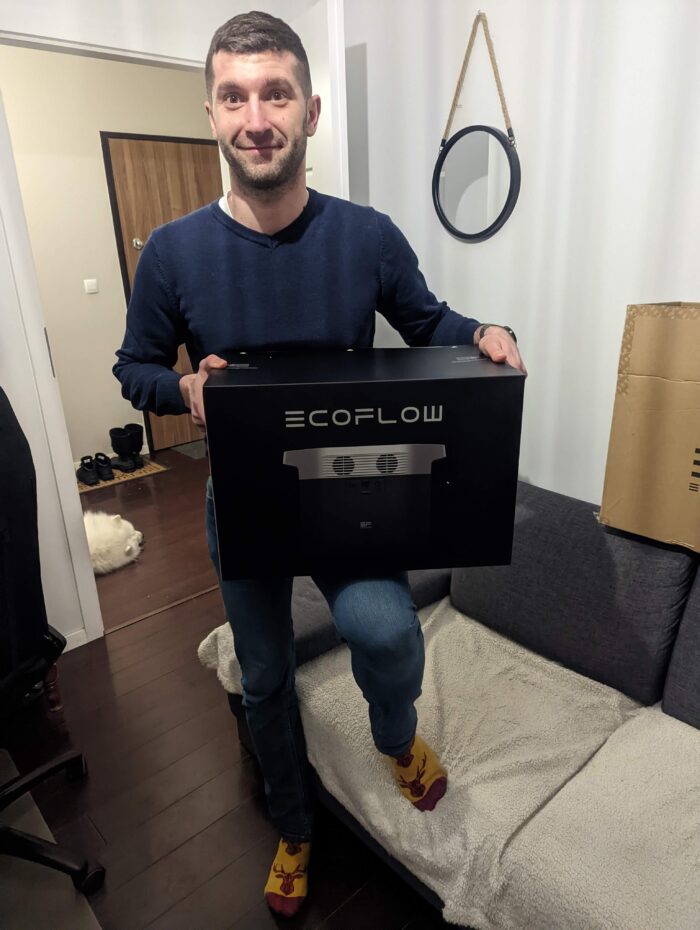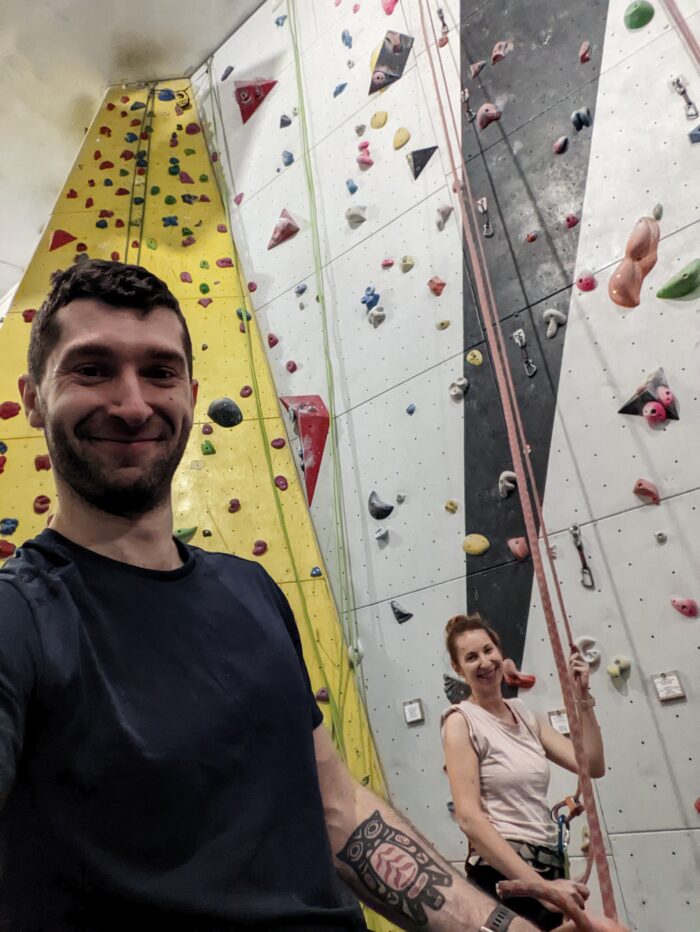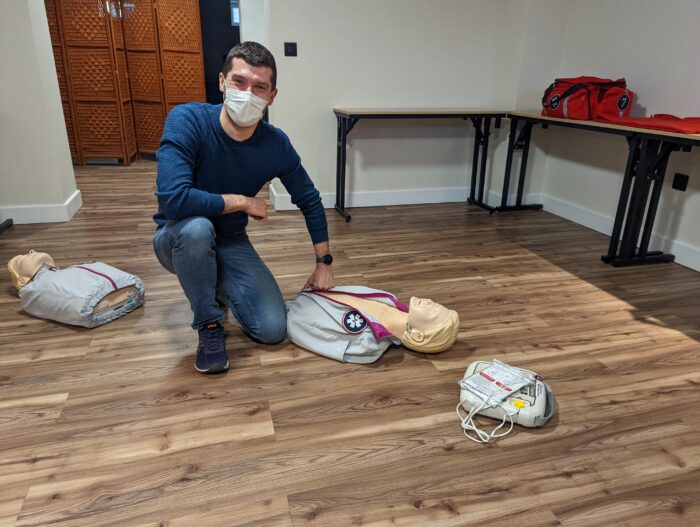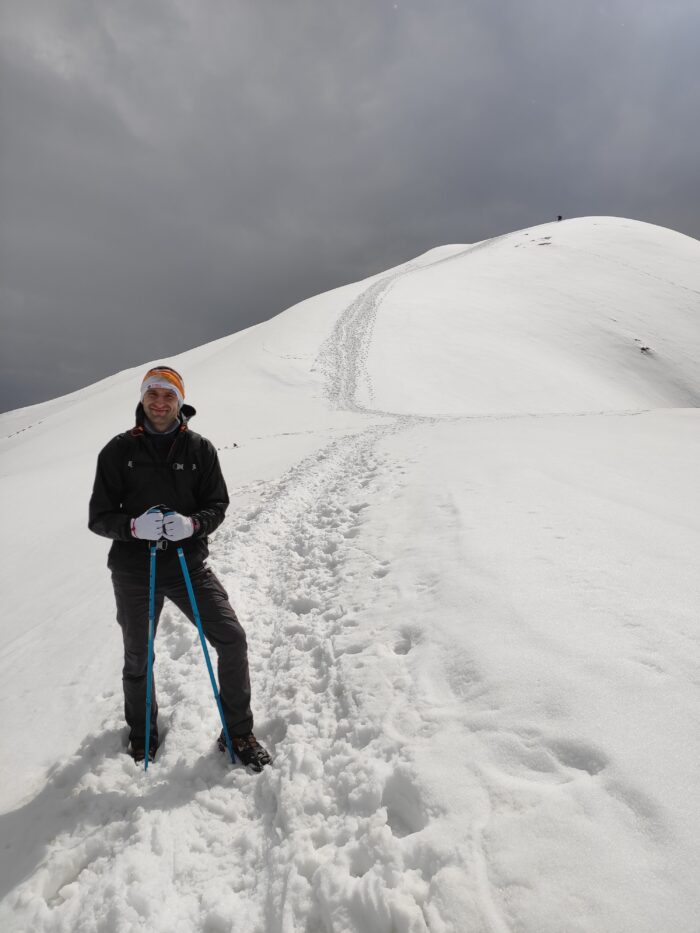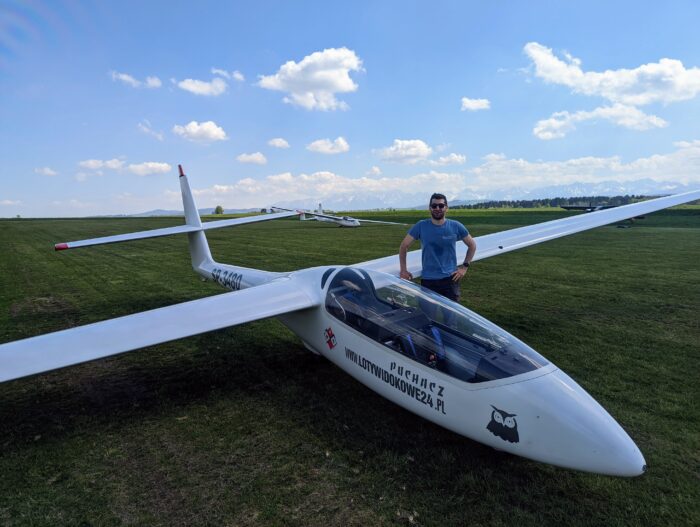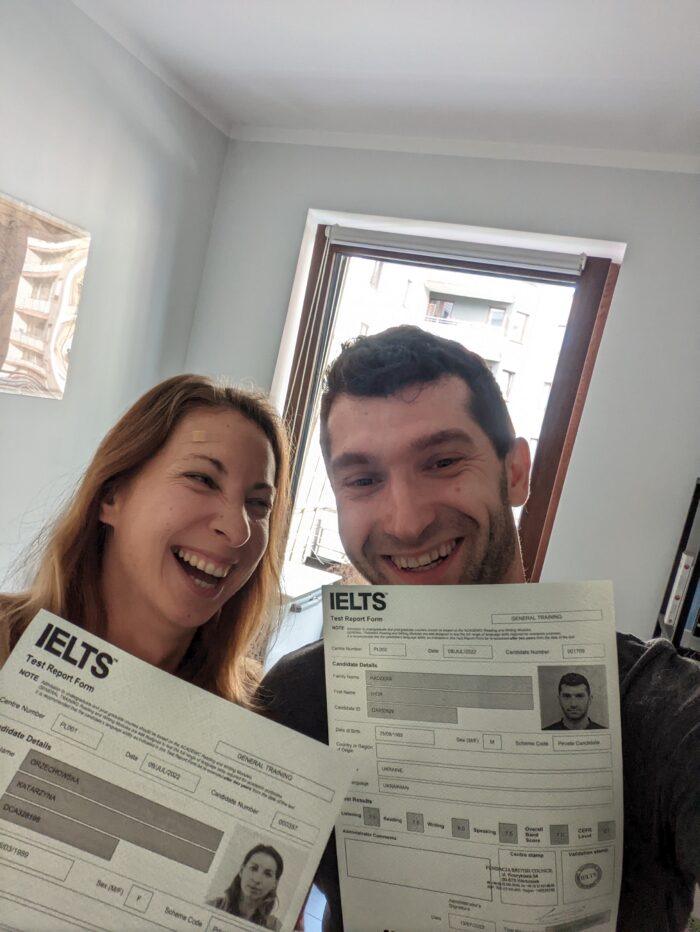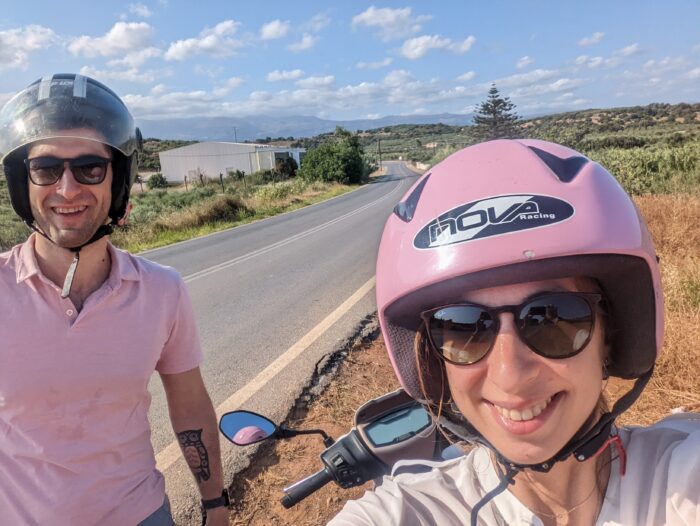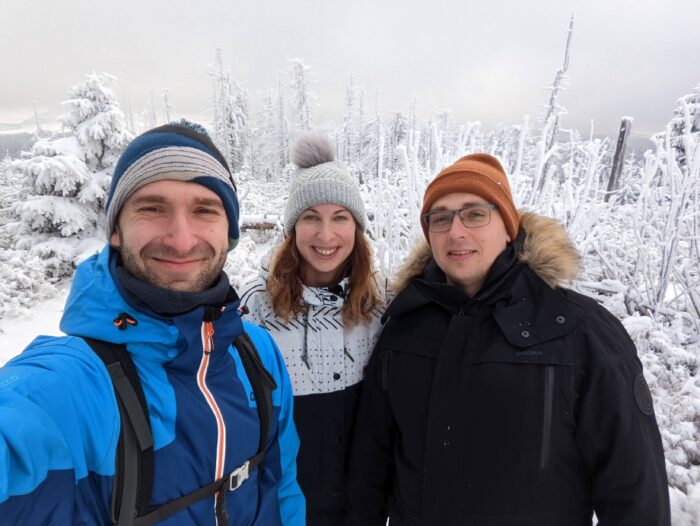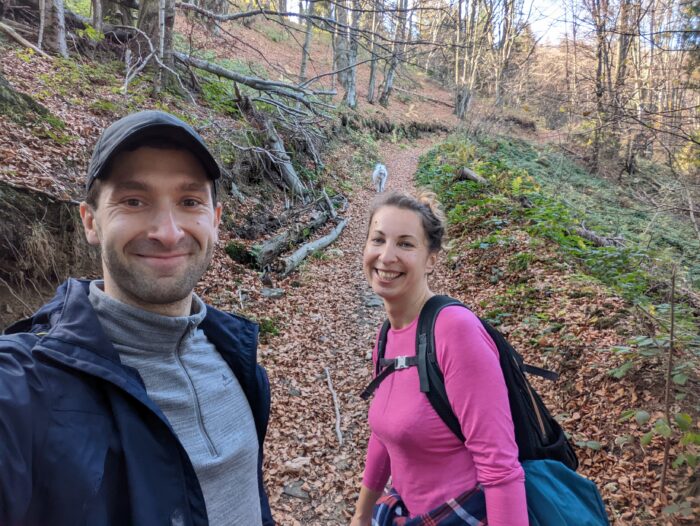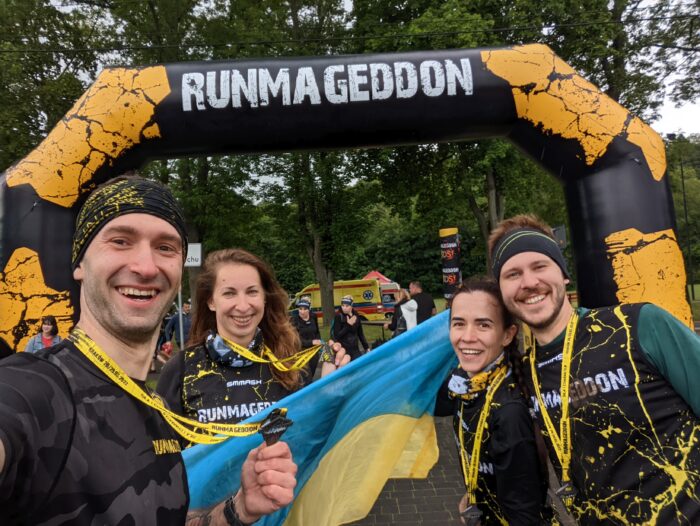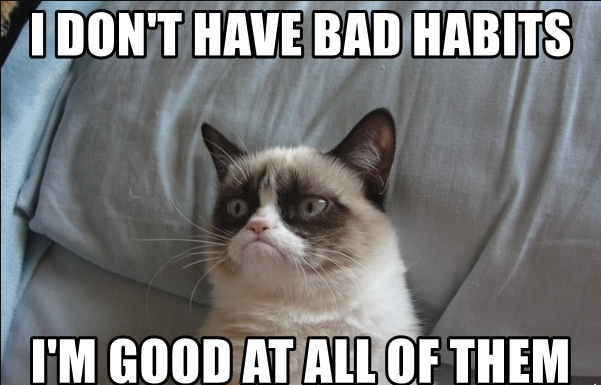`Year recap has already become a good tradition for me (check 2020 and 2021 recap posts). This habit allows for summarising the last 365 days and creating a solid plan for next year. Additionally, last year a received a few quite complementary feedbacks (undeserved but very appreciated ☺️) from people who said my recap/plans posts helped them to create their own to-do list.
Well, before I go into details about progress and plans, it is worth underlining, that my whole blueprint for the current year was deprioritized on Feb 24, when russia started its terroristic and occupational war against my homeland – Ukraine (you can read more about that in one of my recent posts). I would never forget that day and how it changed my world perception. Since then, the main priorities are to ensure my family in Ukraine has everything it needs to endure this tough time and provide Ukrainian defenders as much aid as I can to increase their safety and ability to protect my homeland against russian occupational army. If you would like to join me in this crucial aim, you could find a list of the biggest Ukrainian Fundations for different purposes here – saveukraine.org. Every penny matters!
2022’s plans progress
Health
Do 48 gym sessions (~1 per week)🏋️♂️– 100% – due to Strava, I’ve done about 16 workouts + 32 swims.
Run at least 100 runs with a minimum of 600km distance and take part in a race 🏃♂️– 100% – due to Strava, I’ve done 100 runs with a total distance of 645 km + 3 races.

Professional & Personal Development
Receive AWS Certified Solutions Architect certificate 🔖– 100% (cert link)- Receive a Professional Scrum Product Owner certificate 🔖 – 0% – I rescheduled that 10+ times since January, but just a few days ago, it became so clear to me, that if you postpone something so many times, then maybe it is not a really what you want to achieve.
Solve 48 HackerRank problems (~ 1 per week) 👨💻– 100% (in fact more than 100%, as some of the problems have been solved multiple times in different ways)

Read at least 8 books 📚– 125% – my 2022 year from GoodReads.com
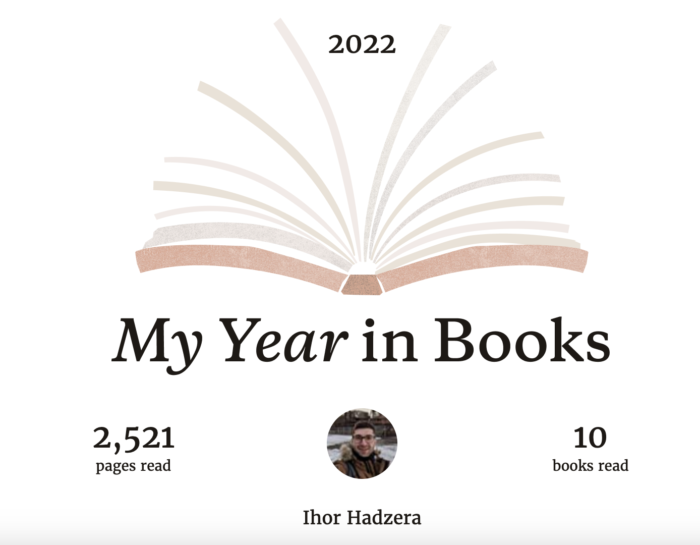
- Learn at least 1 new programming language or fundamental framework 💻 – 0% – I improved by Java a bit, but that improvement is far from my minimum “learn” threshold.
Have at least 100 “active days” in my GitHub account 👾– 89% – at some point, I focused less on committing something “finished” to my Github account and more just creating tiny proof of concepts.

Leisure
- Hike to Gerlach peak ⛰ – didn’t have a chance to do that this year, but hopefully the next year will be more conducive.
Do glider flight ✈️– 100% – that was one of the most positive and emotional moments in a whole year. I highly recommend that to everyone who likes a feeling of freedom and a tiny dose of adrenaline.Visit 1 new country 🏙– 100% (visited 1 new country I’ve never been to before –Greece)Complete First Aid Course ⛑– 100% – this course has been finished at the beginning of February, and at that point, I didn’t know how handy those skills could be in a future reality.
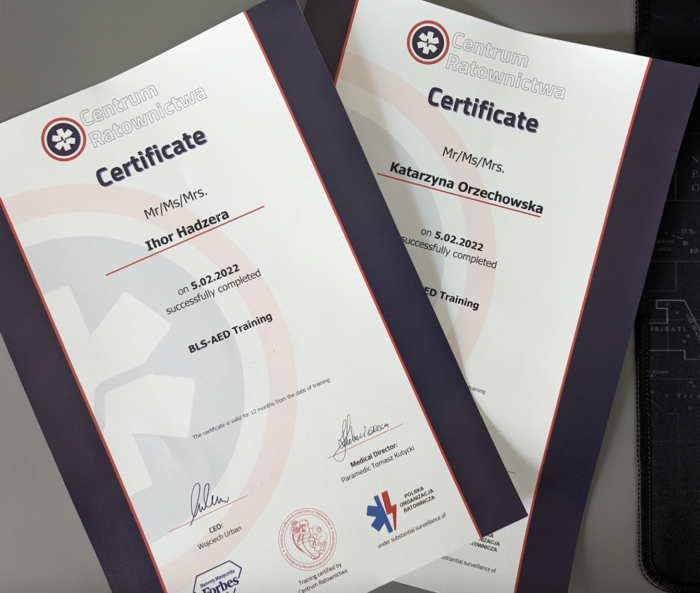
Add a 1 new board game to the home collection 🎲– 100% – new game “Teotihuacan: City of Gods” added to my collection.
Miscellaneous
- Post at least 12 new posts in the blog (~ 1 per month) 📄 – 16% – I added only 2 posts. Also, it became clear to me that adding a target of post amount per year does not work for me, as it just creates redundant pressure, which was not the essential idea of this blog.
Donate at least 1.5 liters of blood (3 times) 🩸– 133% – 1.8 liters of blood (4 times) have been donated in 2022.
Summarise:
- 67% (10/15) – Fully completed targets
- 6% (1/15) – Progressed well, but not completed
- 27% (4/15) – Have not been started or progress is negligible
So, looks like last year’s baseline of 60% has been met, which is a good thing. What is even more strange, is that I’m really happy that I have not fulfilled 100% of my goals for this year, as otherwise, it would mean sacrificing flexibility over just marking something as done without recap if this goal is still relevant.
Nevertheless, my baseline for next year will remain at a level of 60%, I also would consider something as “done” if it has >= 80% completing progress.
“Out of targets achievements of 2022”
In addition to the planned achievements described above, there are a few things I’ve managed to do and am happy to share with you:
- In addition to regular foundation donations, with the priceless support of my friends, we’ve managed to raise funds, buy and send a few parcels to Ukrainian defenders on the frontline.
2. Finished 2 motorcycle courses: “Precision Motorcycle Riding L1” and “ADV Basic”. Both of them helped me as a newbie rider to create a bit less danger on public roads for myself and other people.
3. I’ve managed to pass the IELTS English exam for level 7.0 (C1), so hopefully, communication with me in English became a bit less painful this year 😁
Plans for 2023
I’m certain that next year will be challenging for me in a few different ways, but I’m also absolutely sure it will also bring a lot of happy moments and unforgettable memories. Life is always looking for balance and looking back at 2022, damn, next year has to be so freaking exceptionally good!
My list for next year contains a few fixed points, and a few new things:
Health
- Do 48 workout (or other non-running activity) sessions (~1 per week)🏋️♂️
- Run at least 100 runs with a minimum of 600km distance and take part in at least 1 race 🏃♂️
Professional & Personal Development
- Receive Microsoft Certified: Azure Developer Associate certificate as min and Microsoft Certified: Azure Solutions Architect Expert certificate as max 🔖
- Improve soft skills (completing a course or attending communication/leadership community meetups) 🗣️
- Solve 48 LeetCode problems (~ 1 per week) 👨💻
- Read at least 8 books 📚
- Visit at least 1 tech conference or tech meetup 💻
- Have at least 48 “active days” in my GitHub account 👾
- Invest 20% more money than in 2022 💰
- Meaningful work-related change (hard to set any specifics upfront, but definitely will be easy to identify as the success/fail in the 2023 retrospective) 💼
- Create small regular fortnight tracking reports summarising progress and main events. 📈
- Improve my finance and investment awareness (read min 1 investment-related book) 🏦
Leisure
- Hike to Gerlach peak ⛰
- Do at least 1 “adrenaline rush activity” 🤿
- Travel outside of Poland on a motorcycle adventure trip 🏍️
- Complete Winter Mountain Tourist course 🧗
- Add a 1 new board game to the home collection 🎲
Miscellaneous
- Make at least 12 contributions to nonprofit orgs (~ 1 per month) ❤️🩹
- Donate at least 1.5 liters of blood (3 times) 🩸
Final thoughts
My last year’s “Final thoughts” section was dedicated to COVID and my hope to “get back to normality”. Today, a year later, the word “normality” means something completely different from what it used to mean. Nevertheless, I wish you all the best in the New Year, good physical and mental health, fulfillment of your own plans for next year, and a lot of smiles! P.S. Don’t forget to support each other, it is absolutely vital in a current tough and complex world!
Happy New 2023 Year!
P.P.S. A few highlight photos from 2022.

